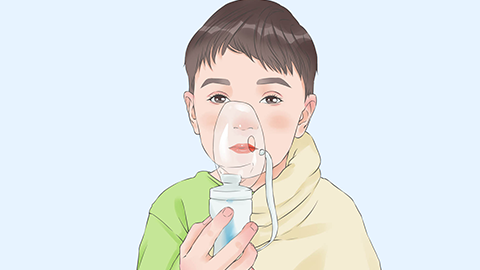Can leukemia be cured?
Generally, if leukemia is in its early stage and symptoms are mild, it is usually curable; however, if it is in the advanced stage with severe symptoms, it may not be curable. If discomfort symptoms appear, it is recommended to seek timely medical treatment at a regular hospital. Detailed analysis is as follows:

When leukemia is at an early stage with mild symptoms, the number of leukemia cells in the patient's body is relatively low, and their infiltration into normal hematopoietic functions and organs is minimal. The condition may manifest only as mild fatigue, low-grade fever, gum bleeding, and similar symptoms. At this stage, timely and standardized treatments, such as chemotherapy, targeted therapy, and immunotherapy, can effectively kill leukemia cells, inhibit their proliferation, and protect normal hematopoietic stem cells and immune function.
If leukemia is at an advanced stage with severe symptoms, leukemia cells proliferate extensively and widely infiltrate organs such as the bone marrow, liver, spleen, and lymph nodes, seriously suppressing normal hematopoietic function. This can lead to severe symptoms including anemia, bleeding, and infection, such as pallor, skin bruising, and persistent high fever. At this point, the patient's general condition is often poor, making it difficult to tolerate intensive treatment. Additionally, leukemia cells may have developed drug resistance or genetic mutations, increasing the difficulty of treatment. Although doctors may employ various treatment methods, such as combination chemotherapy and hematopoietic stem cell transplantation, some patients may still be incurable due to rapid disease progression and serious complications, resulting in a poor prognosis.
Regardless of the stage, leukemia patients must strictly follow medical advice during treatment, take medications on schedule, and undergo regular follow-up examinations to allow timely adjustment of treatment plans by physicians. Additionally, patients should maintain personal hygiene to prevent infections, keep their living environment clean and well-ventilated, and avoid crowded places. Regarding diet, it is important to ensure balanced nutrition, consume more protein- and vitamin-rich foods, and enhance physical resistance.






